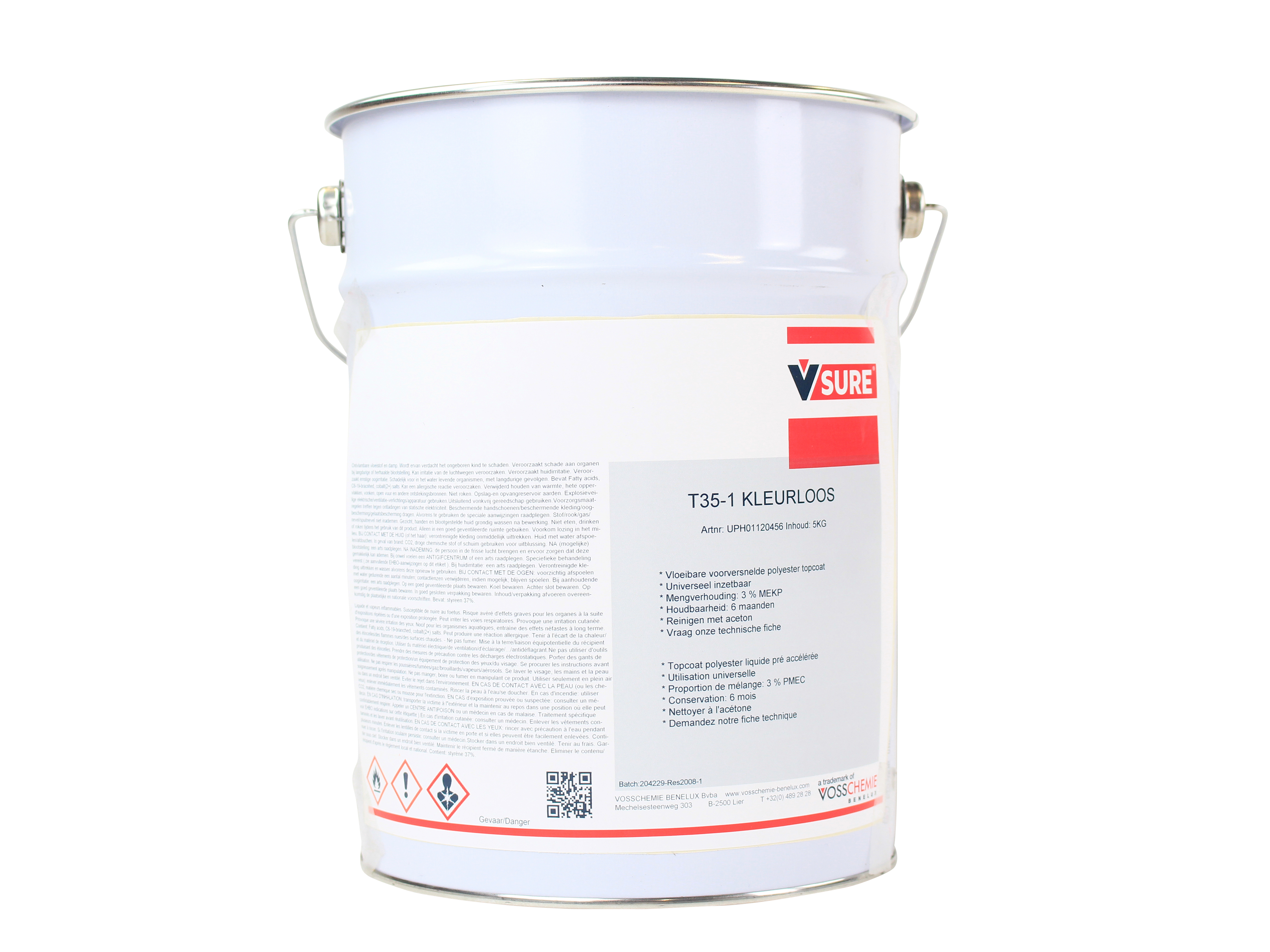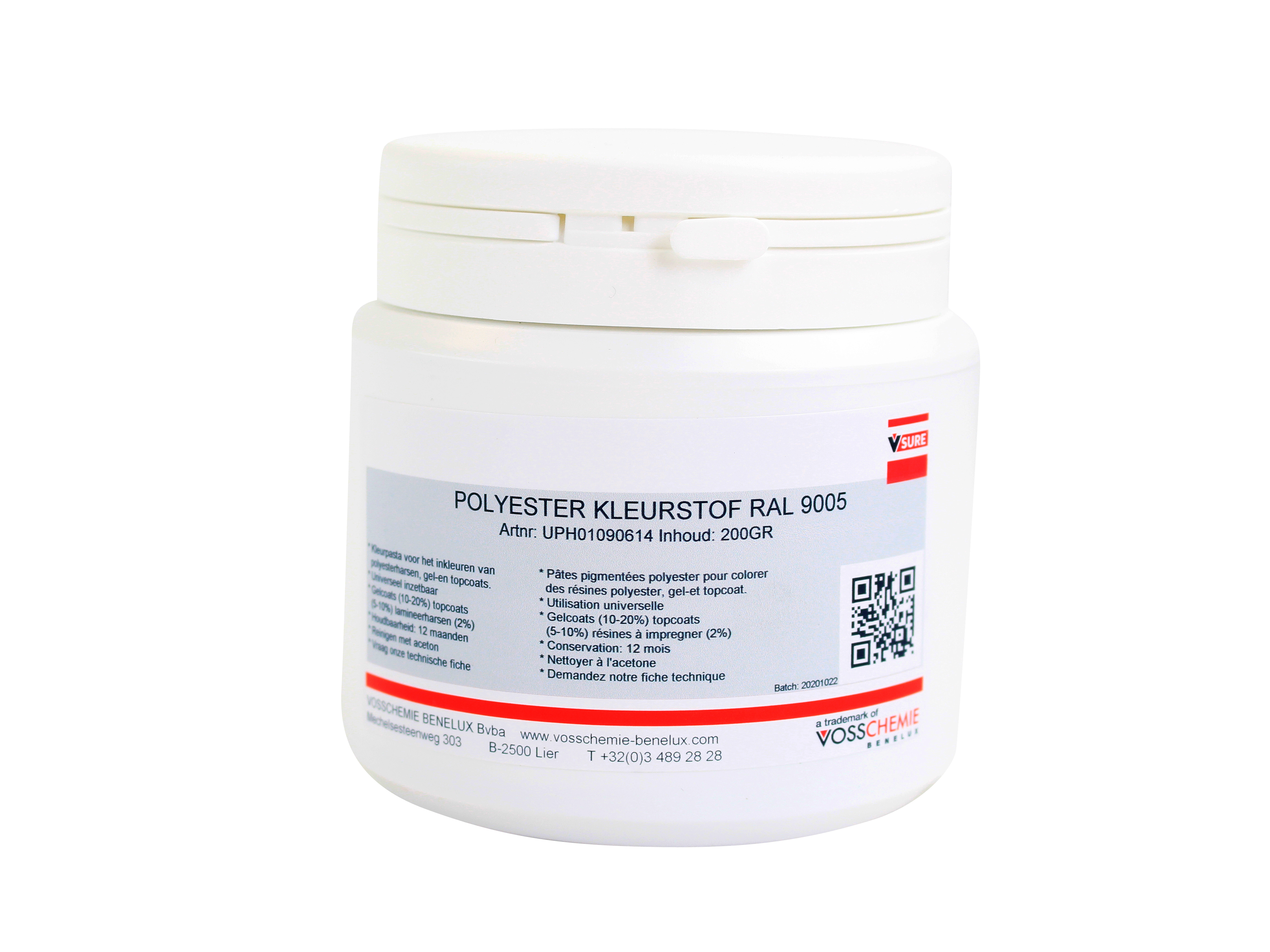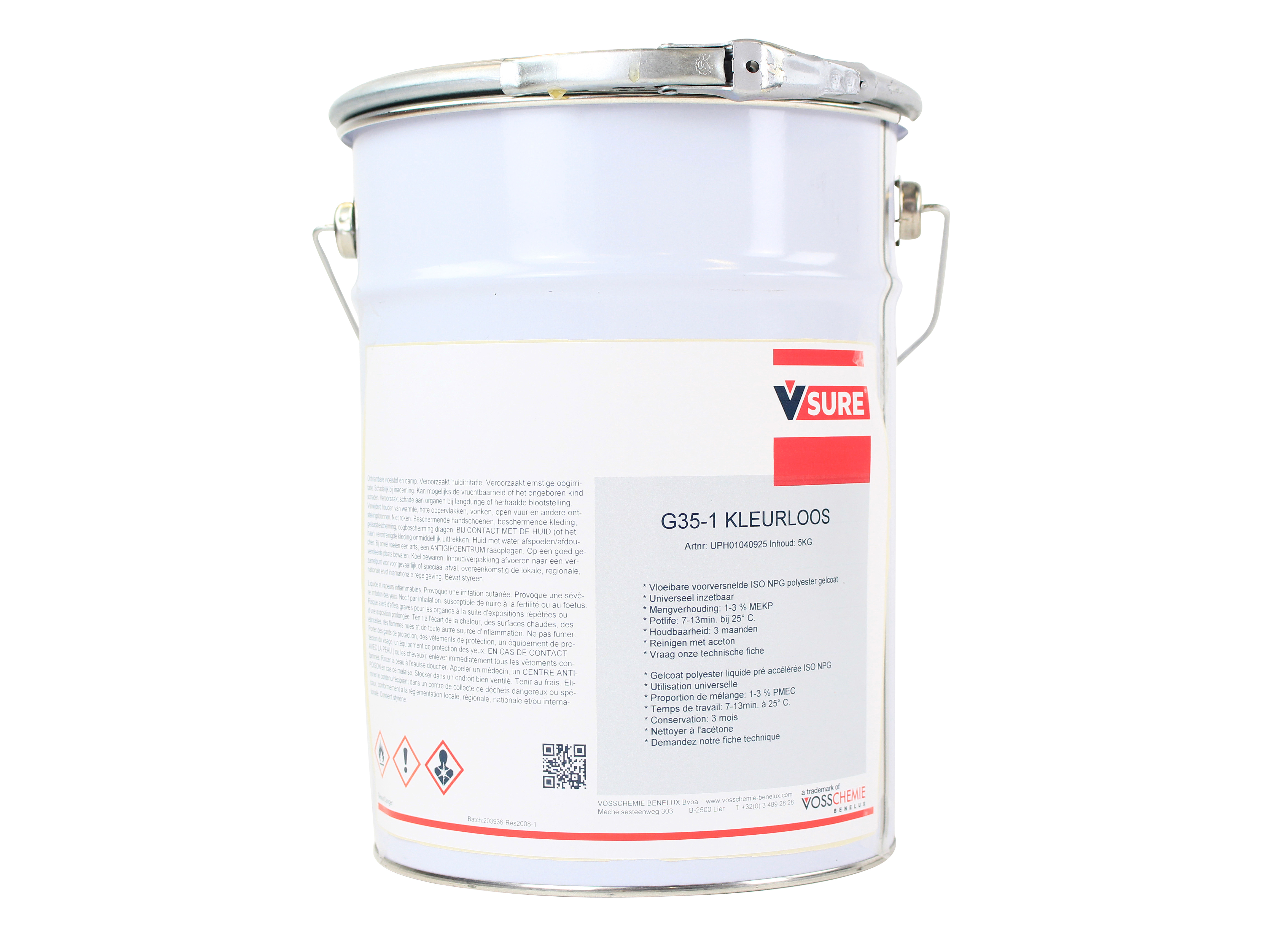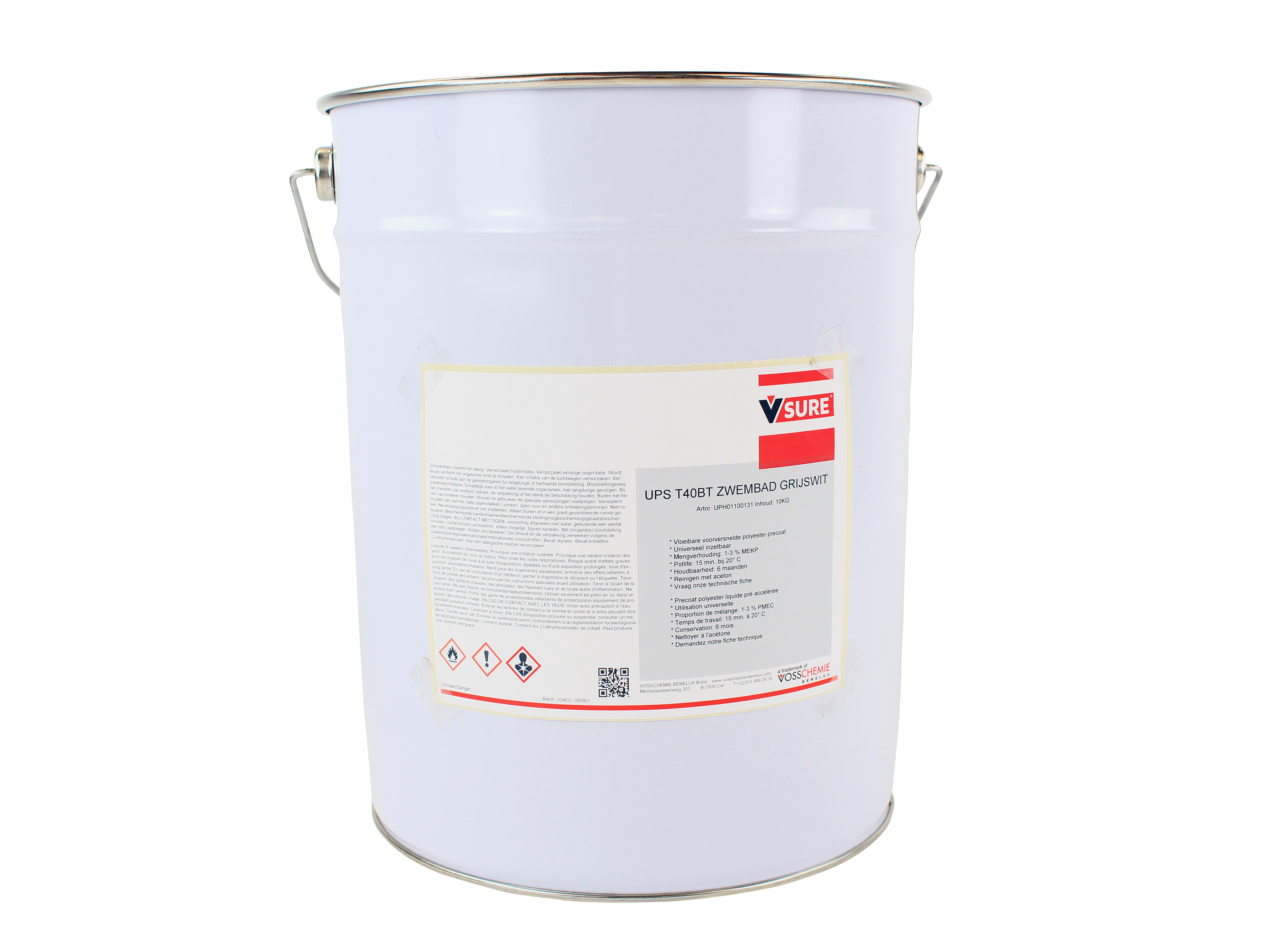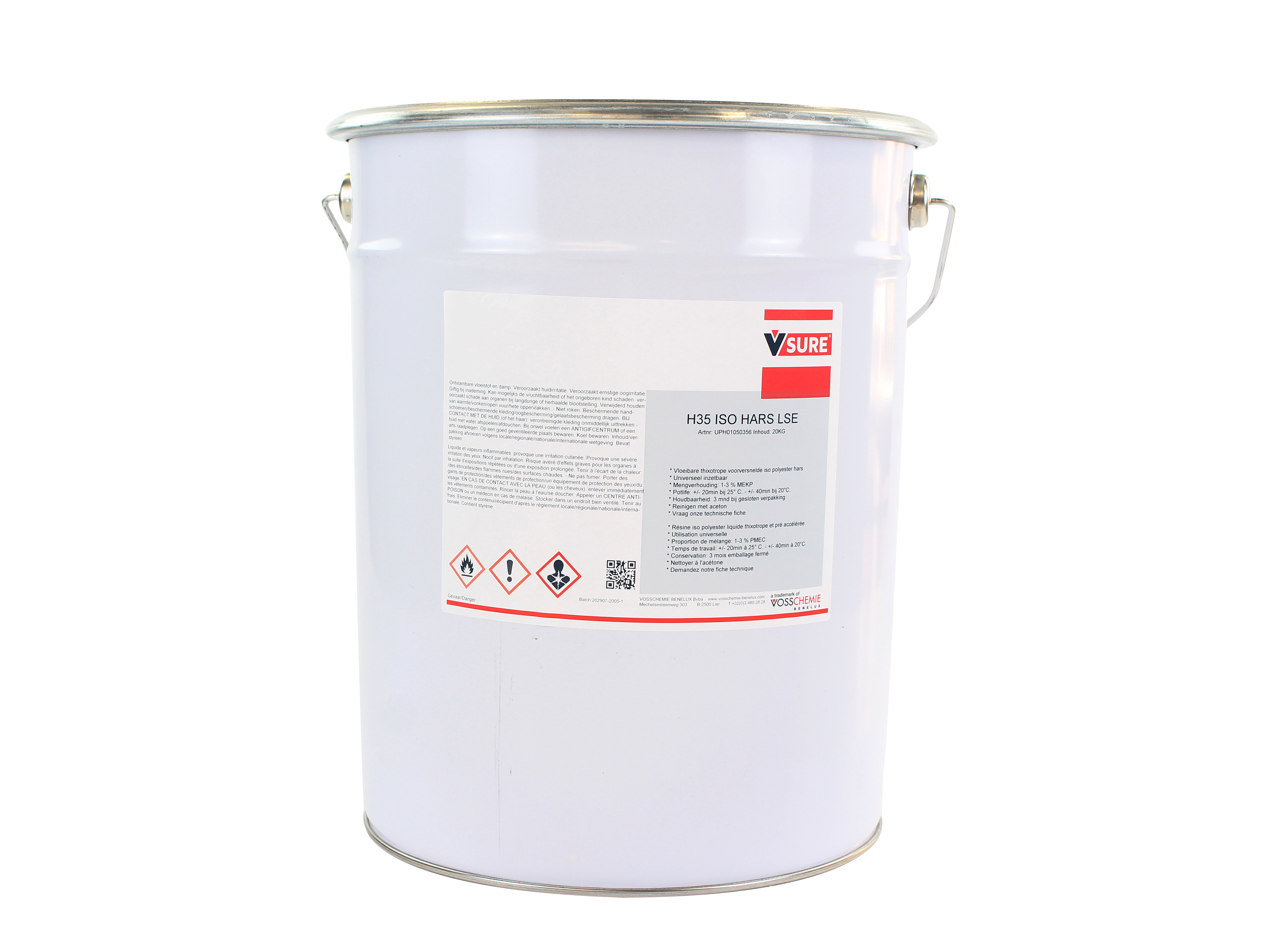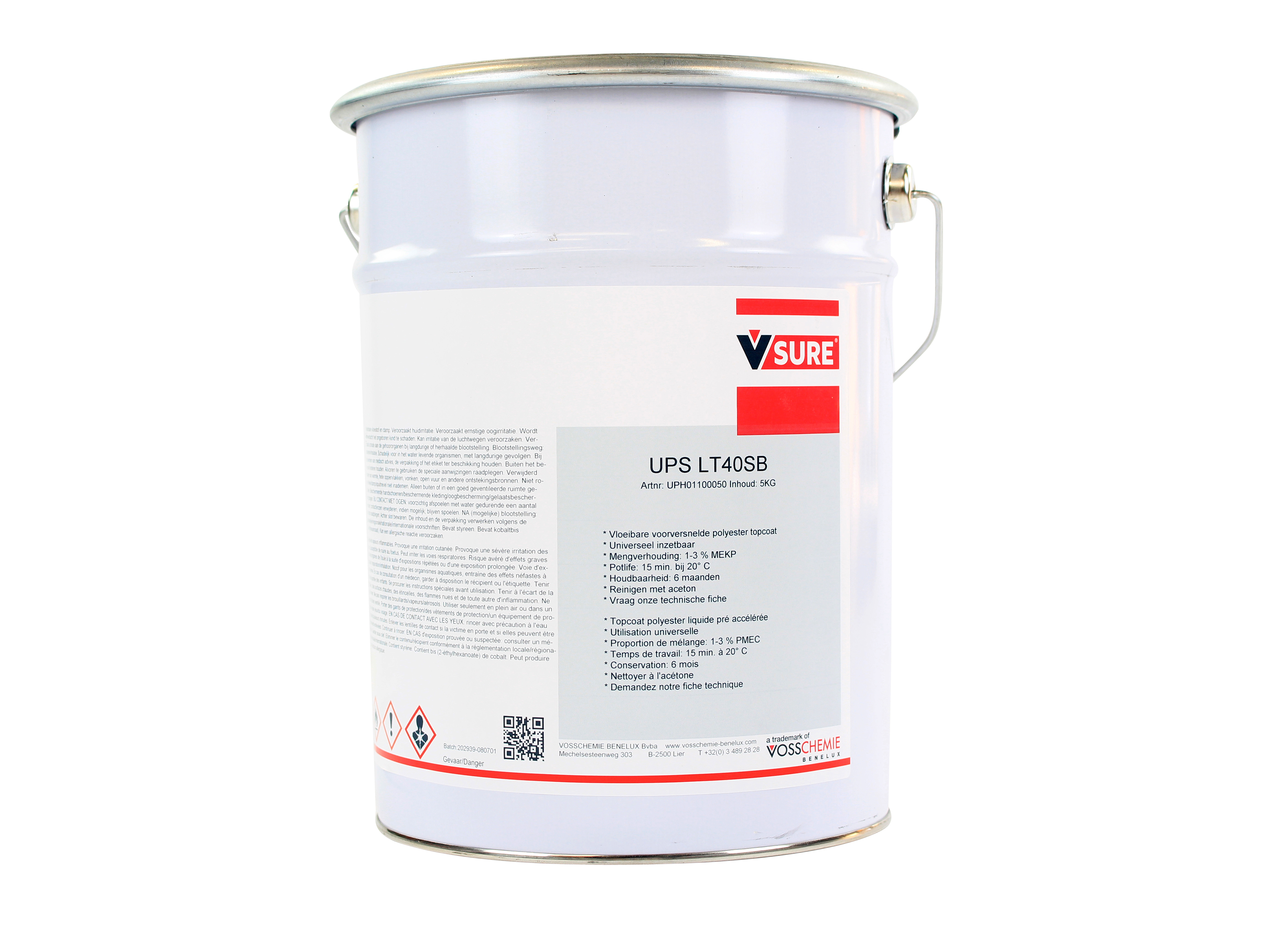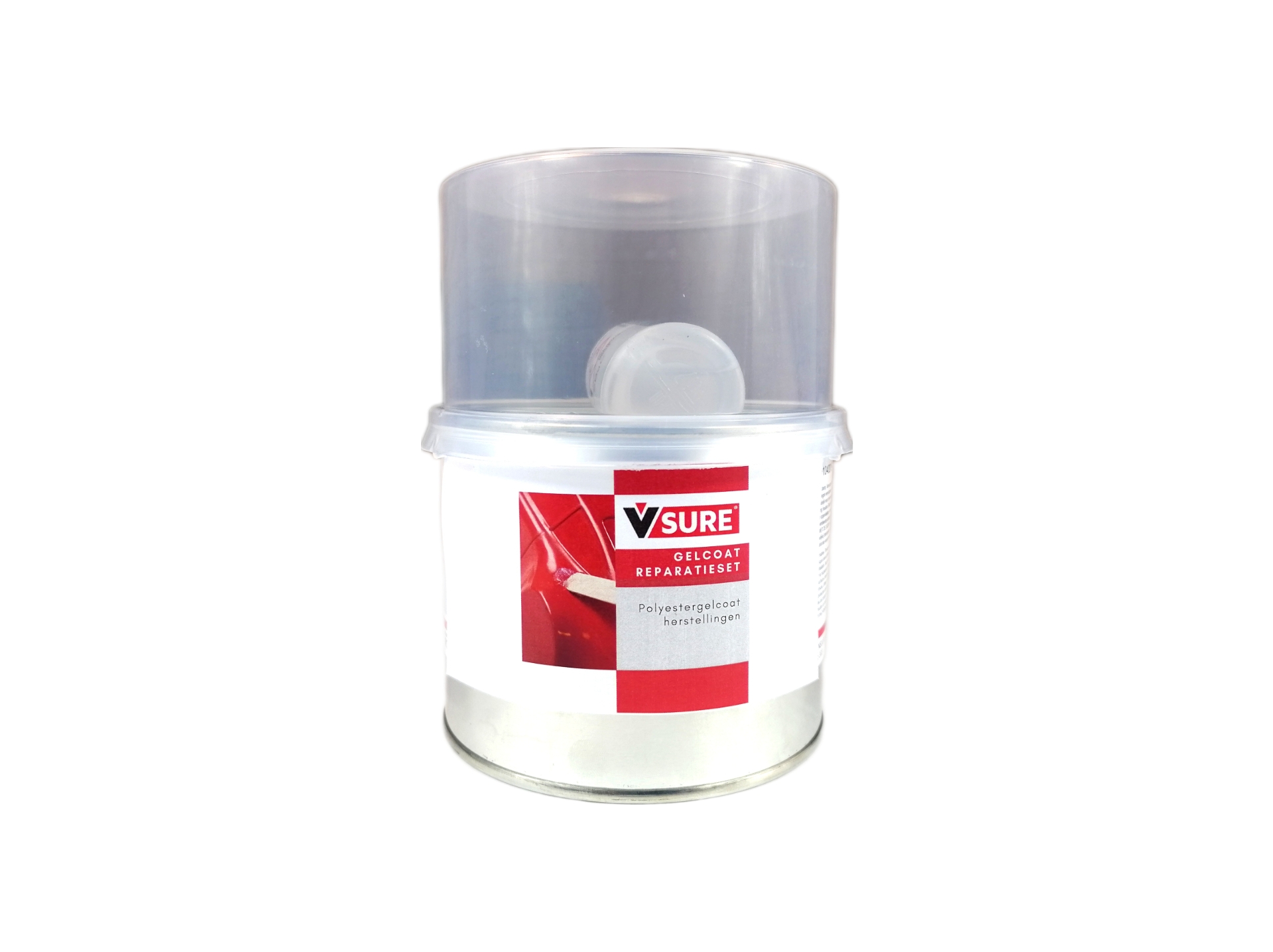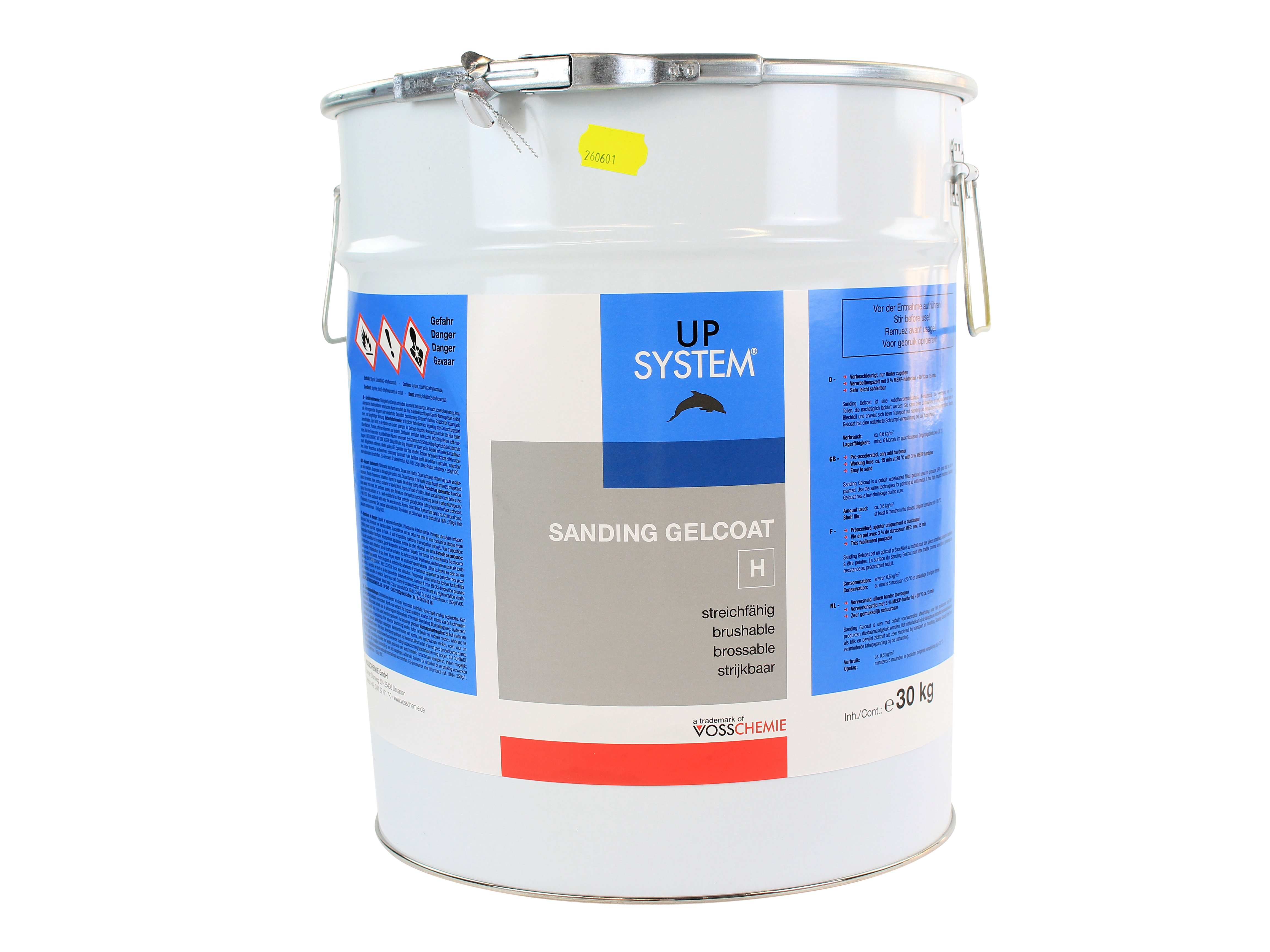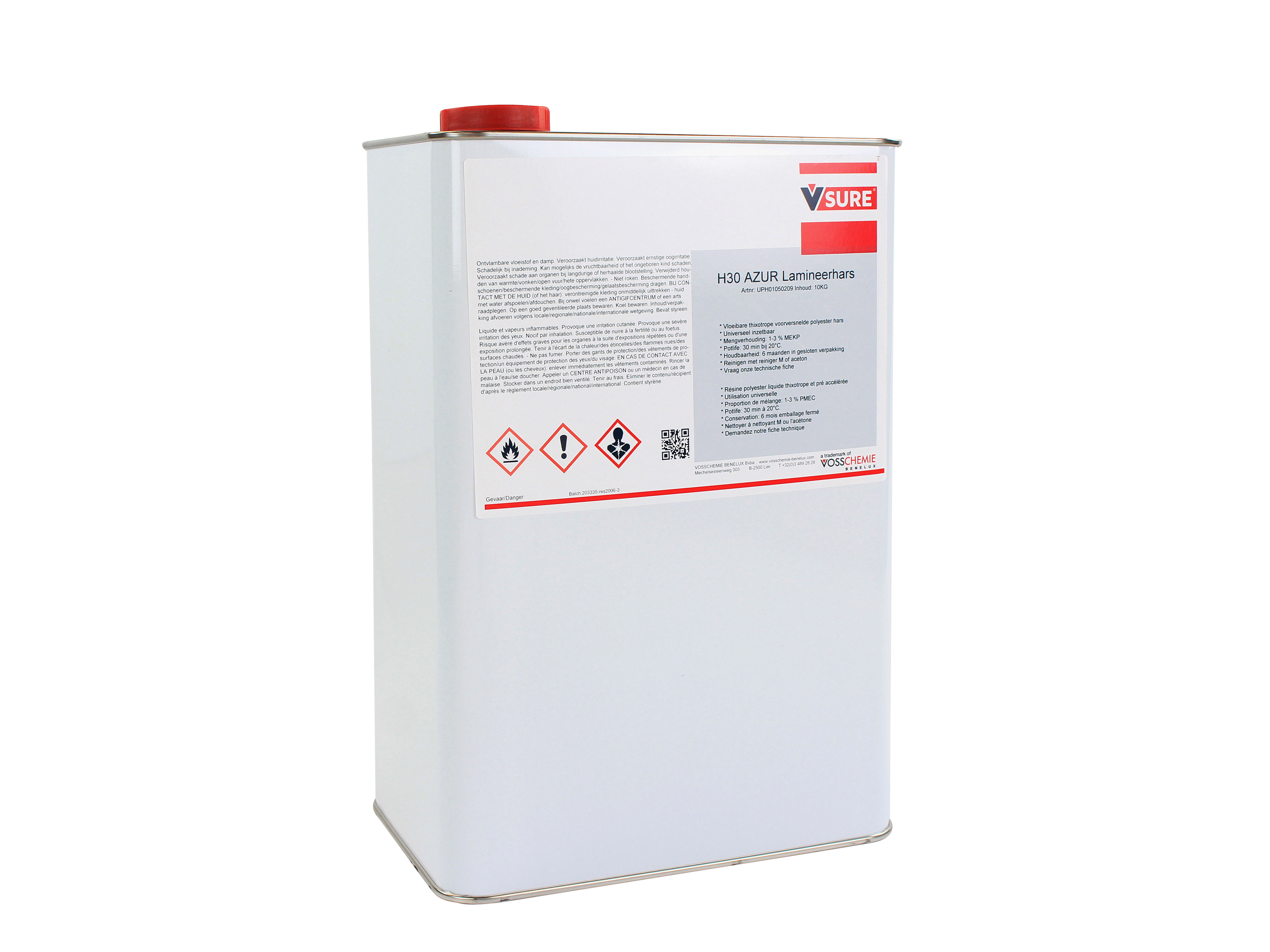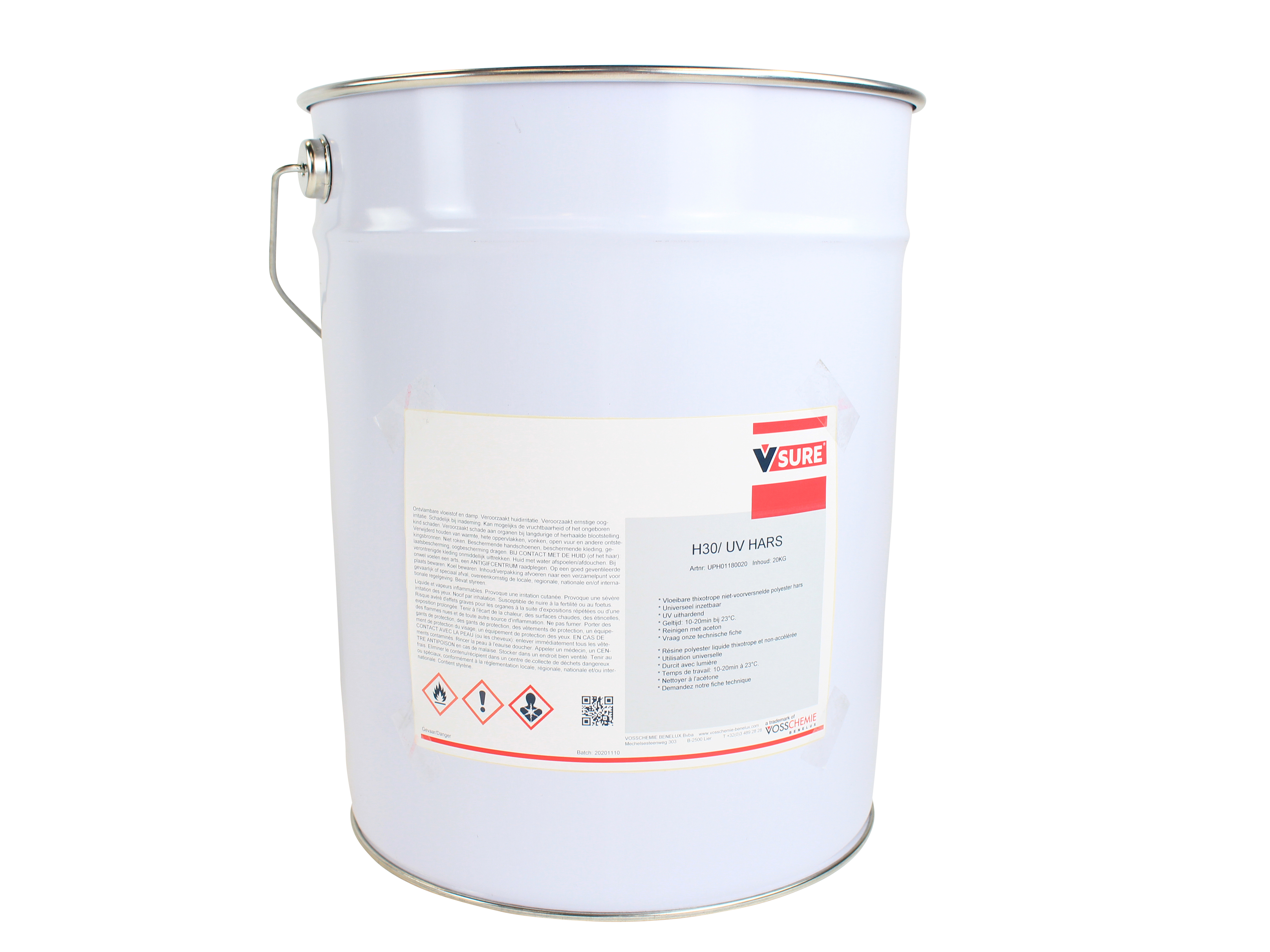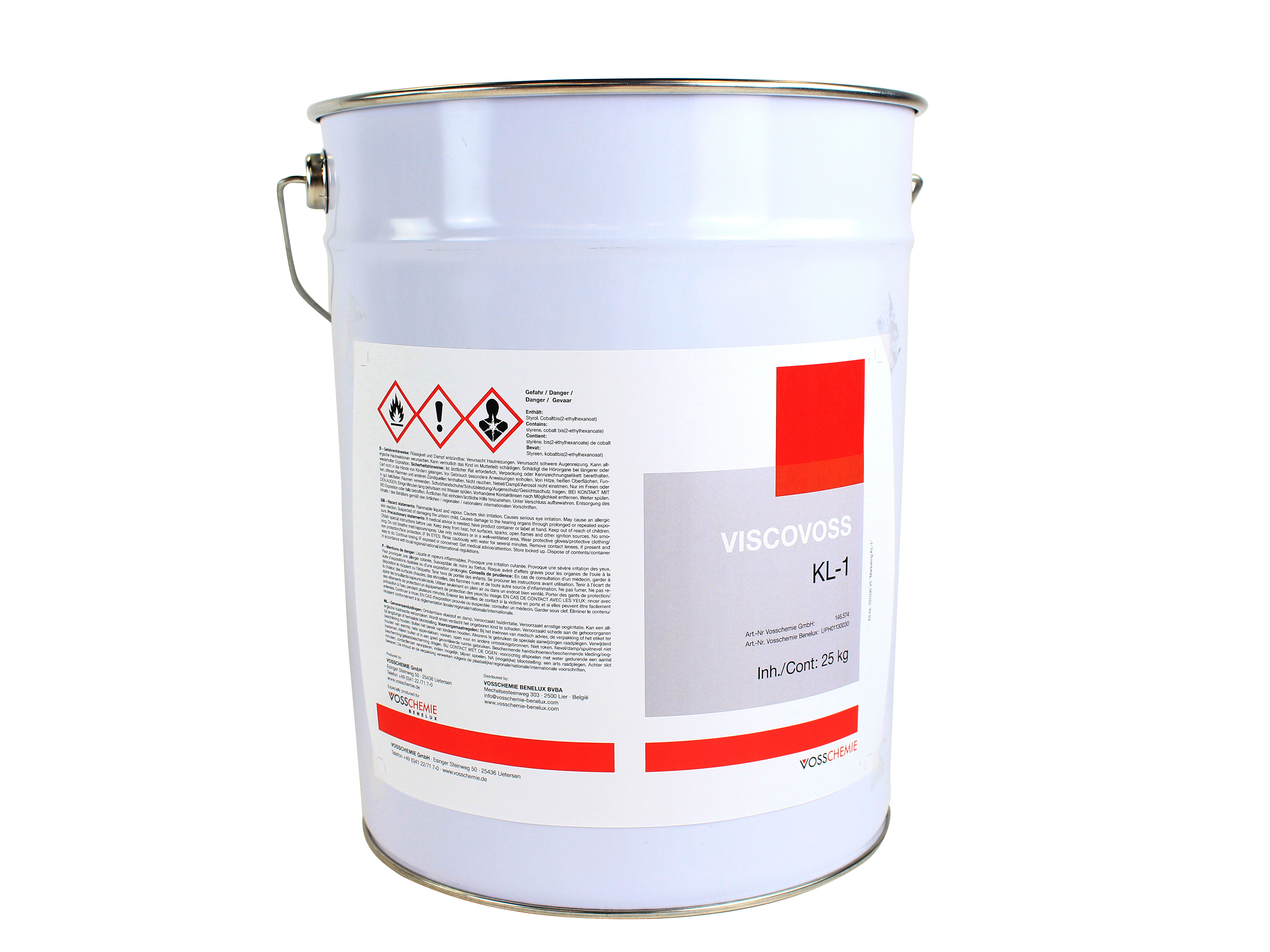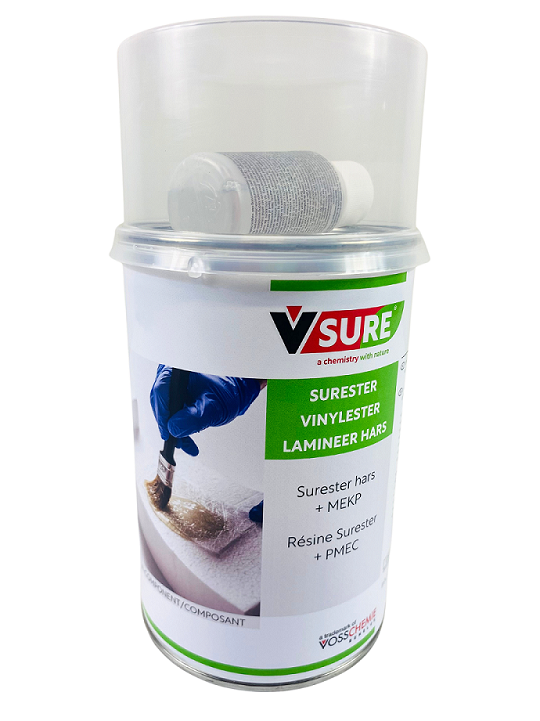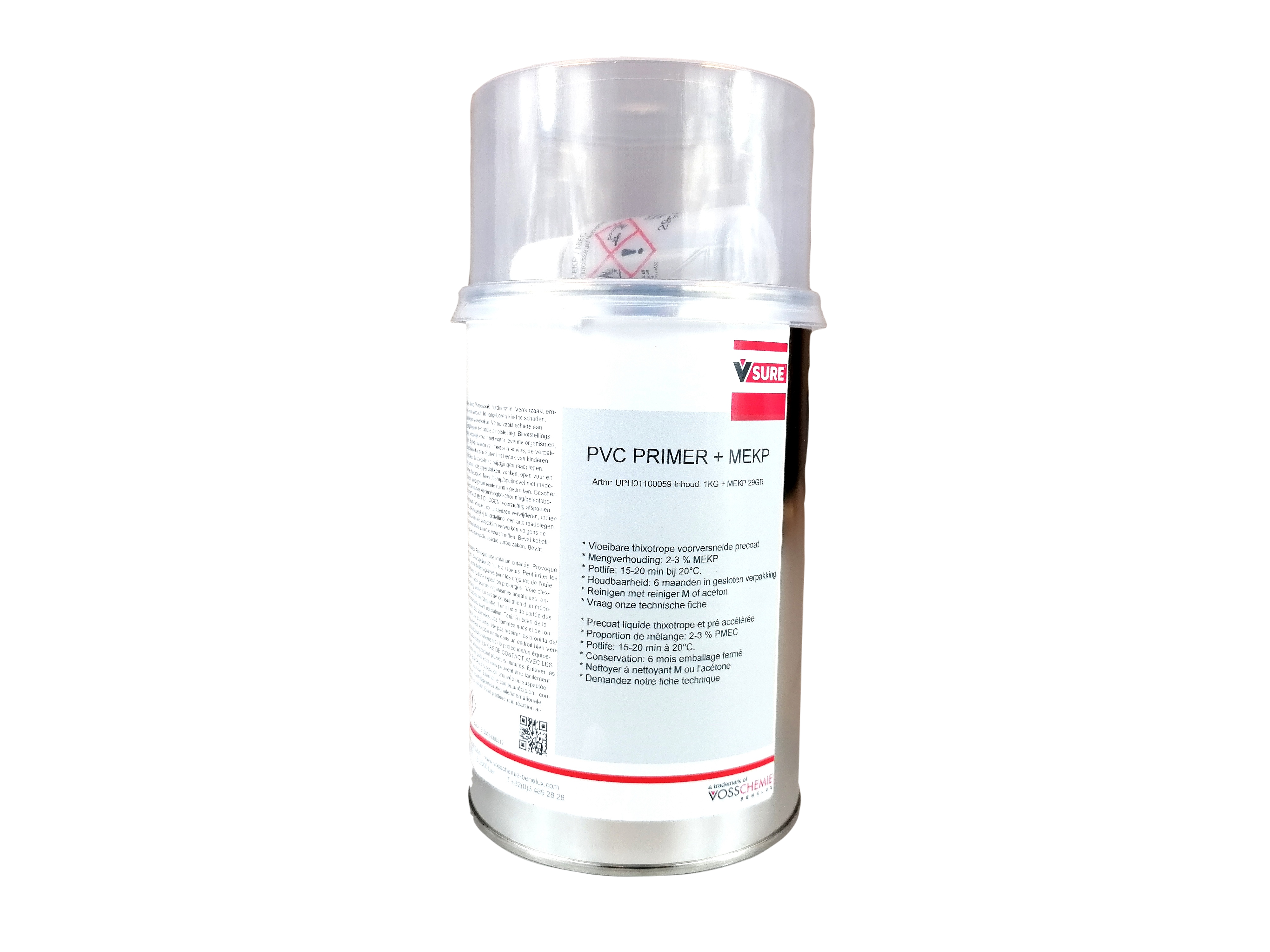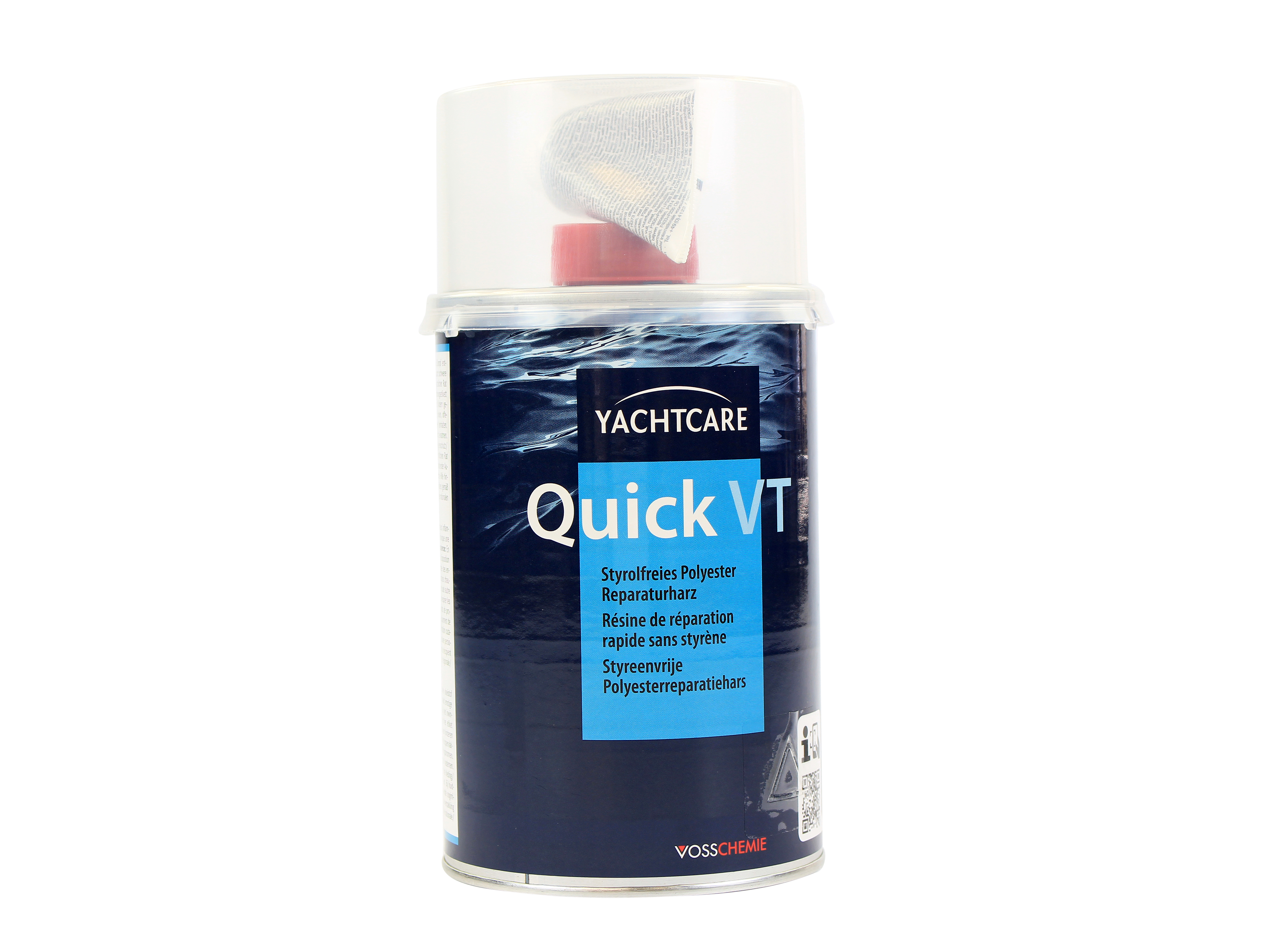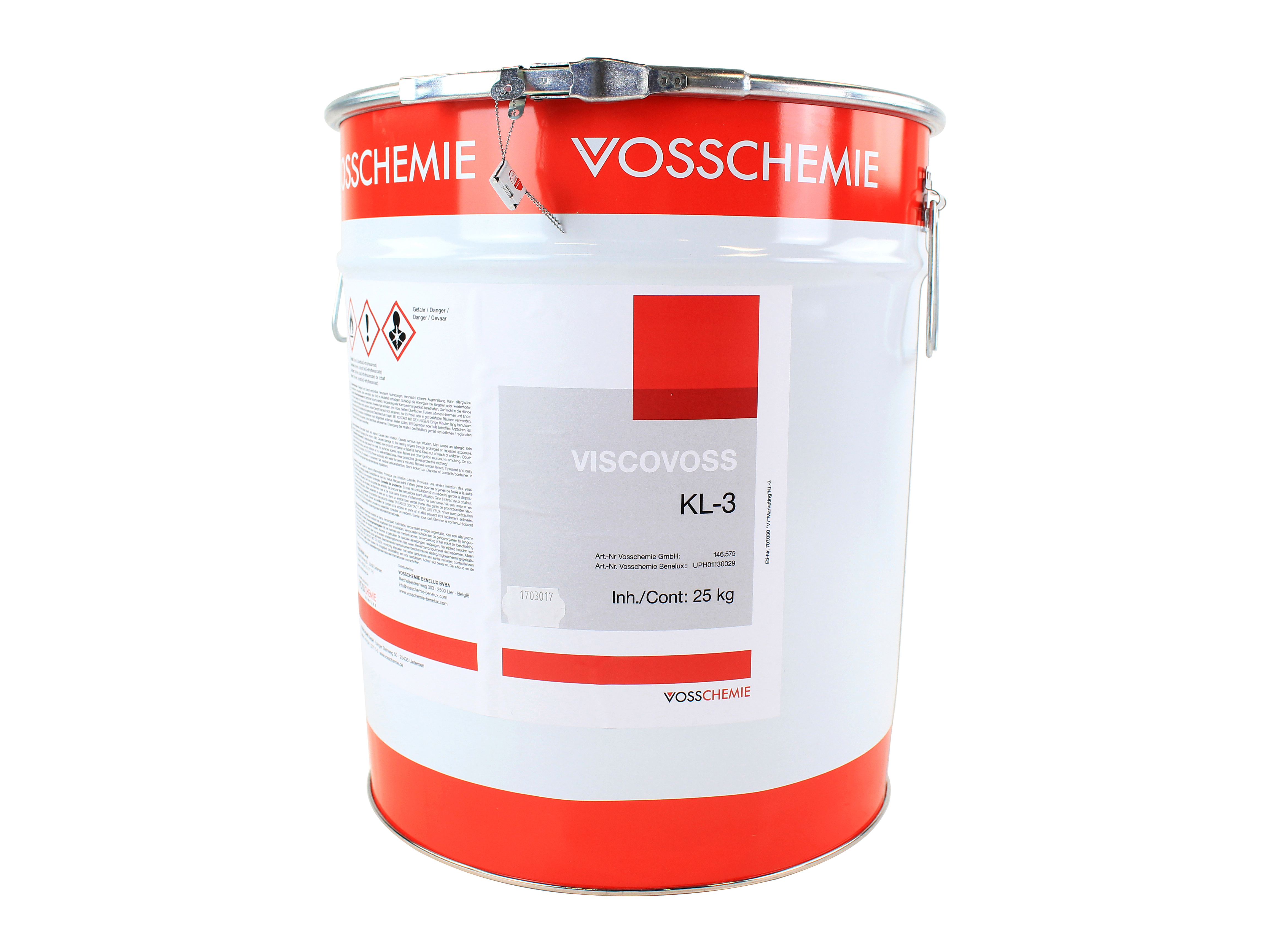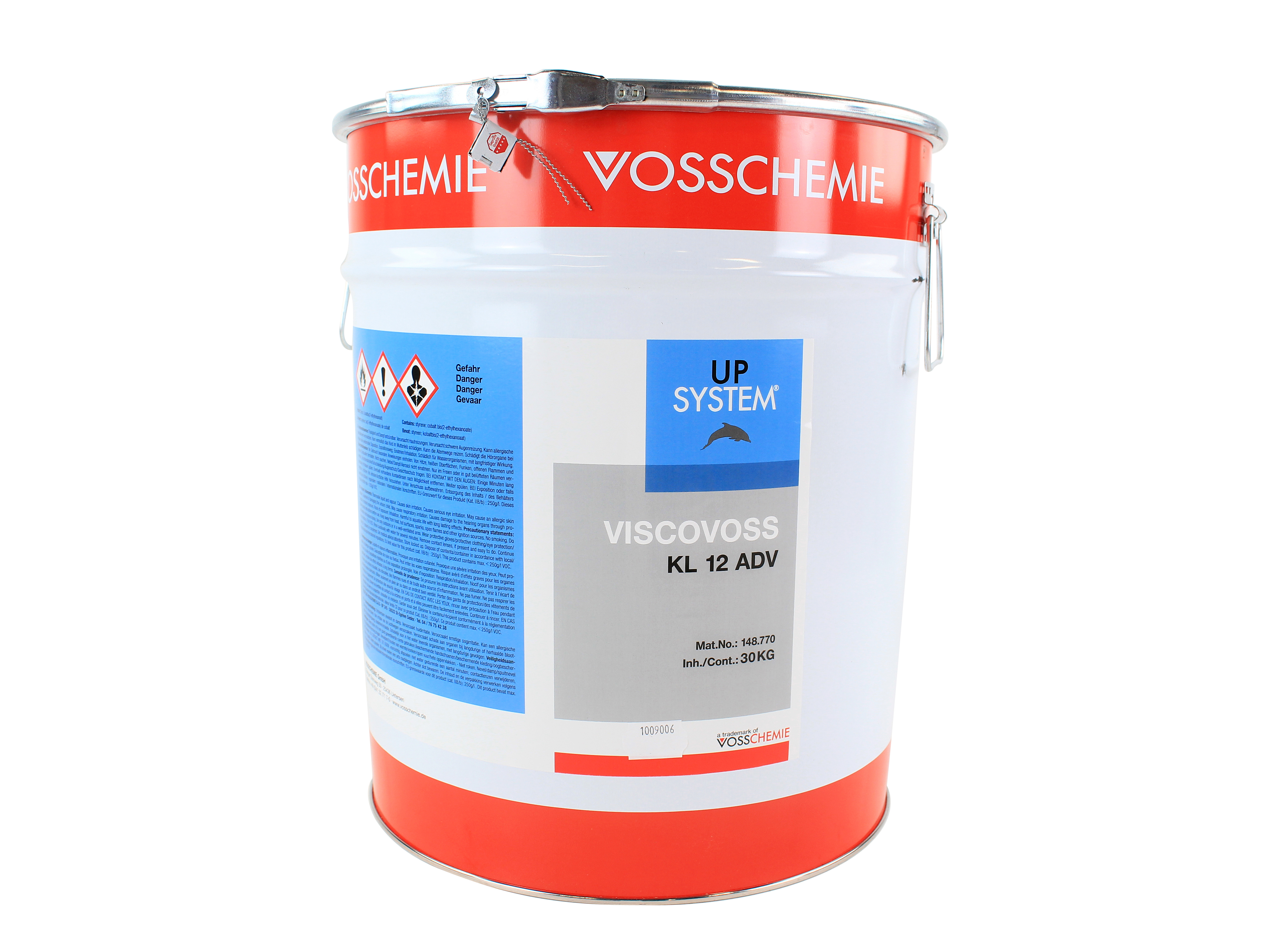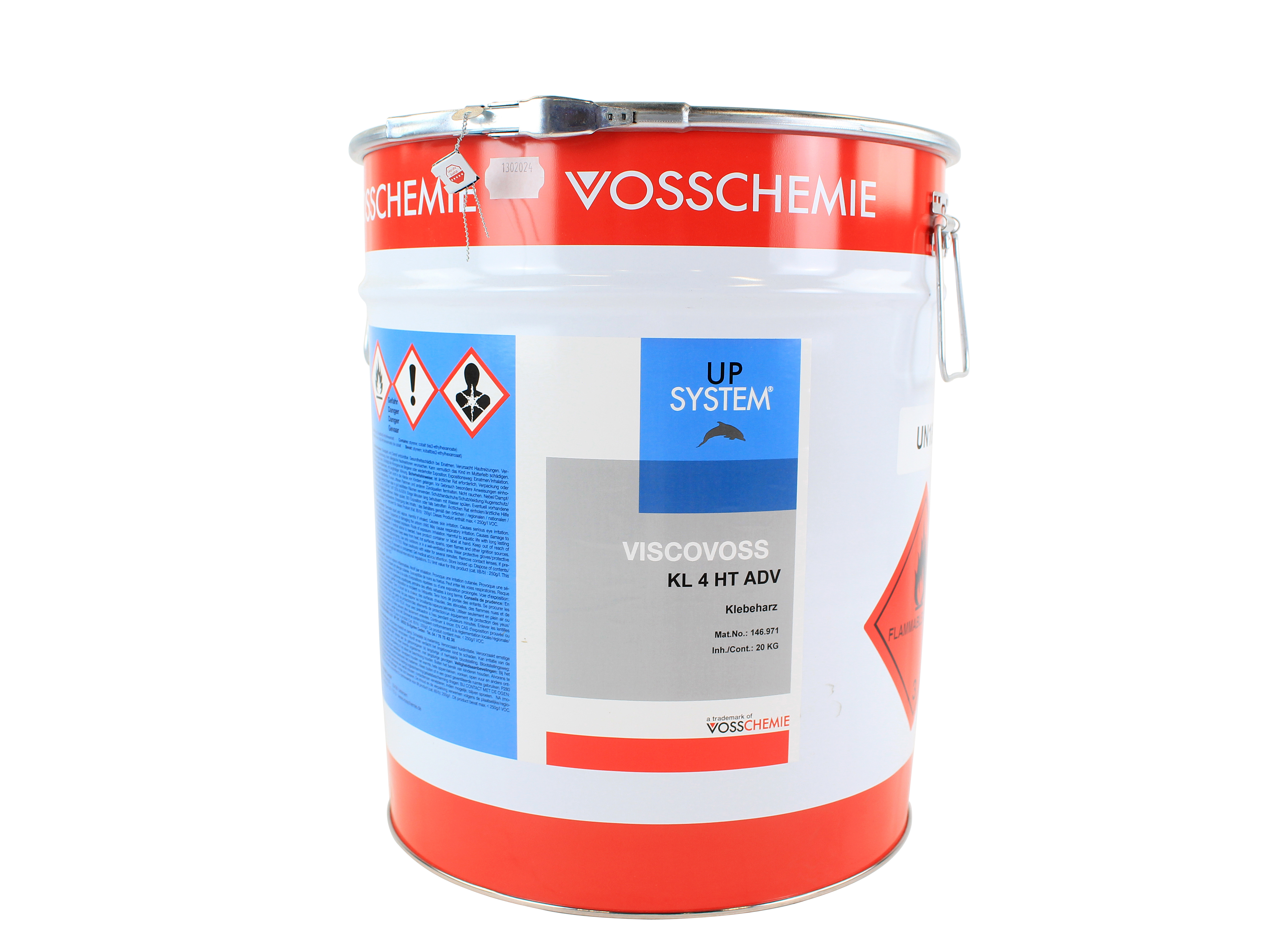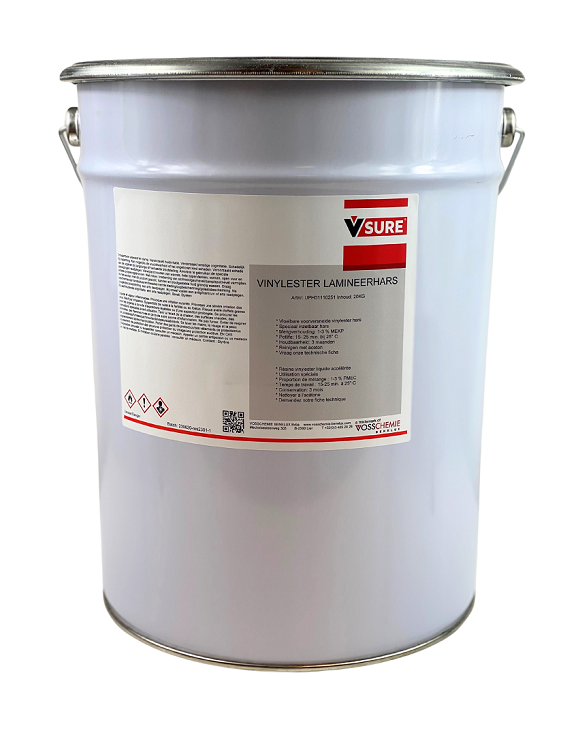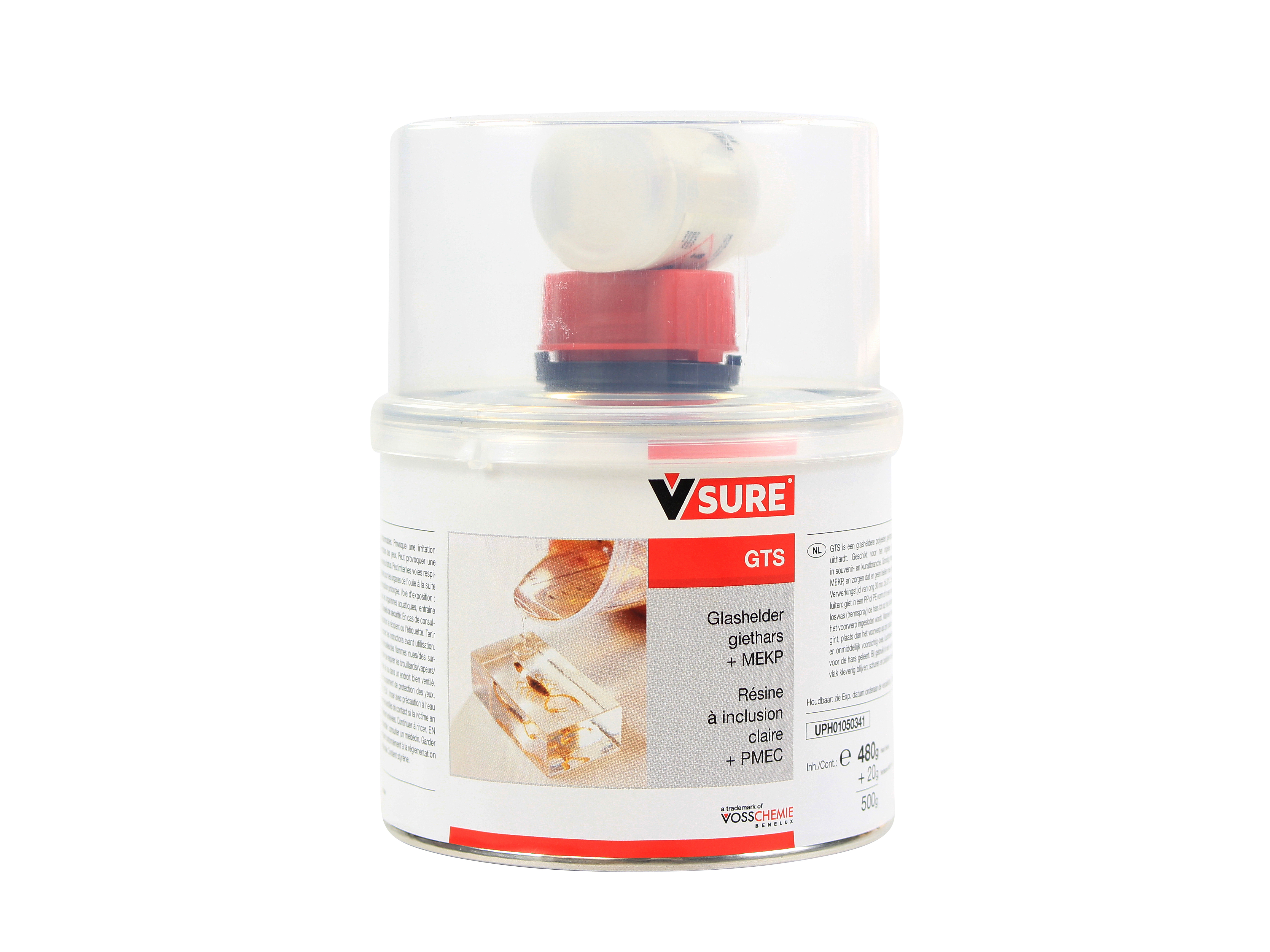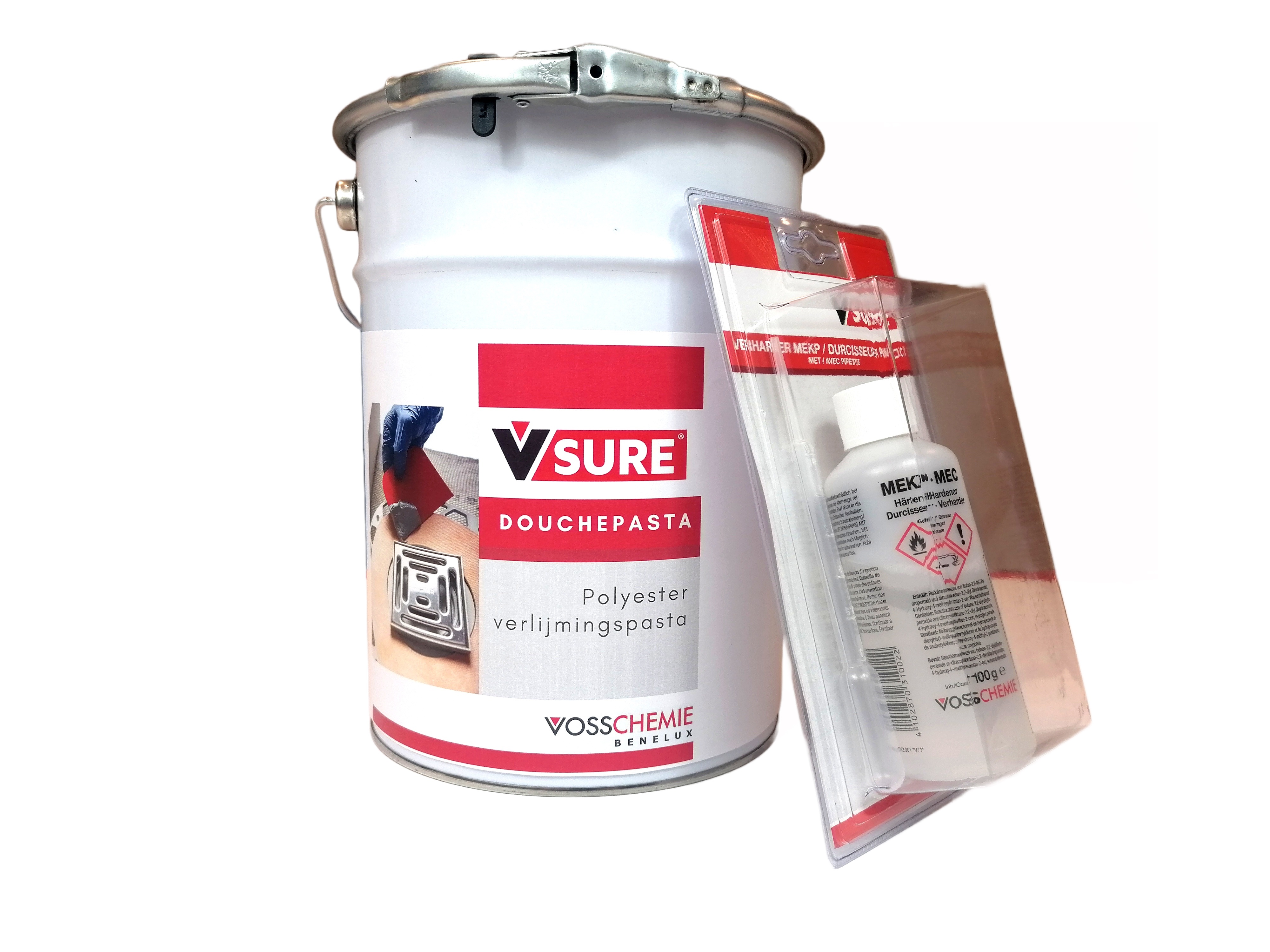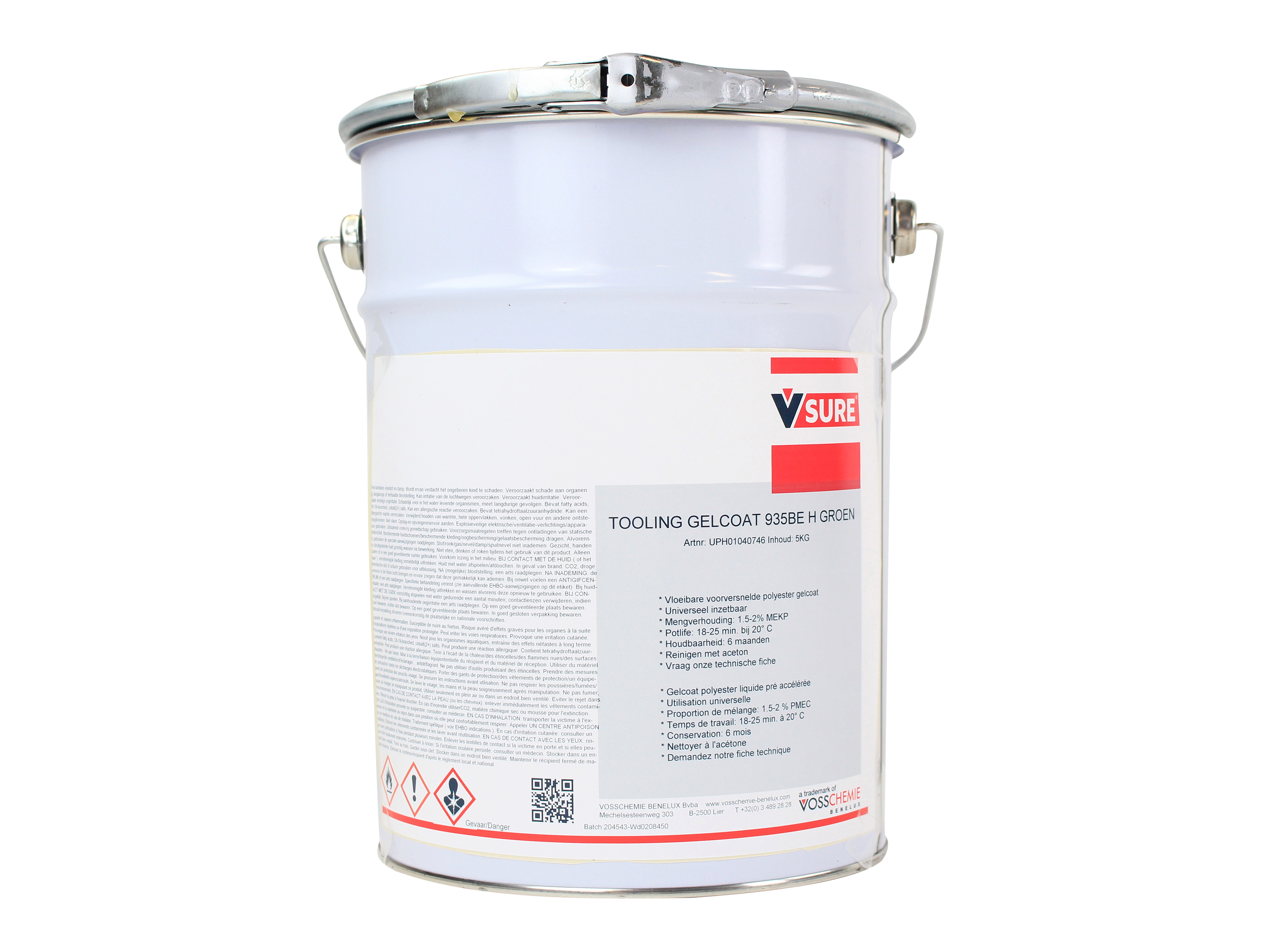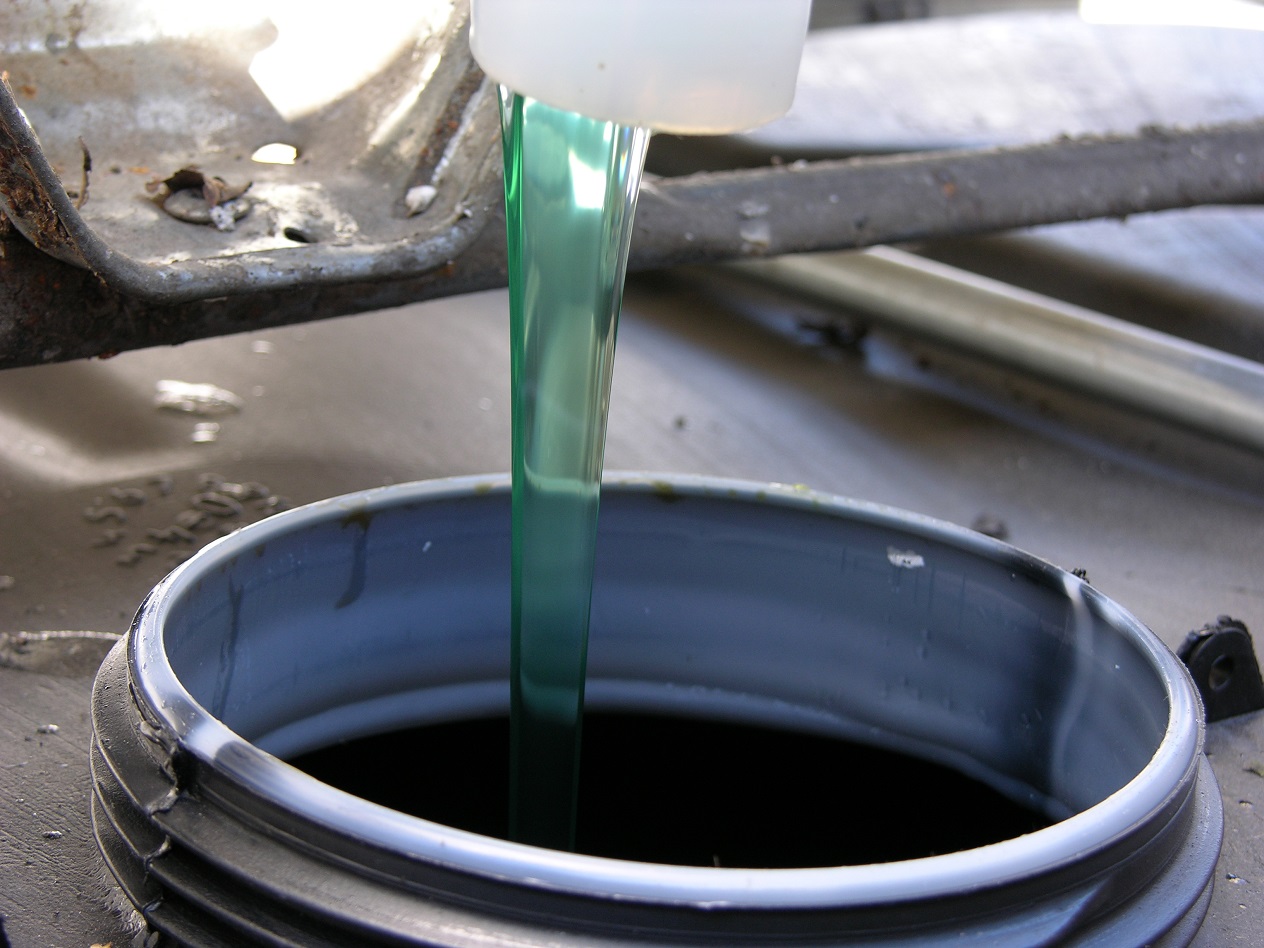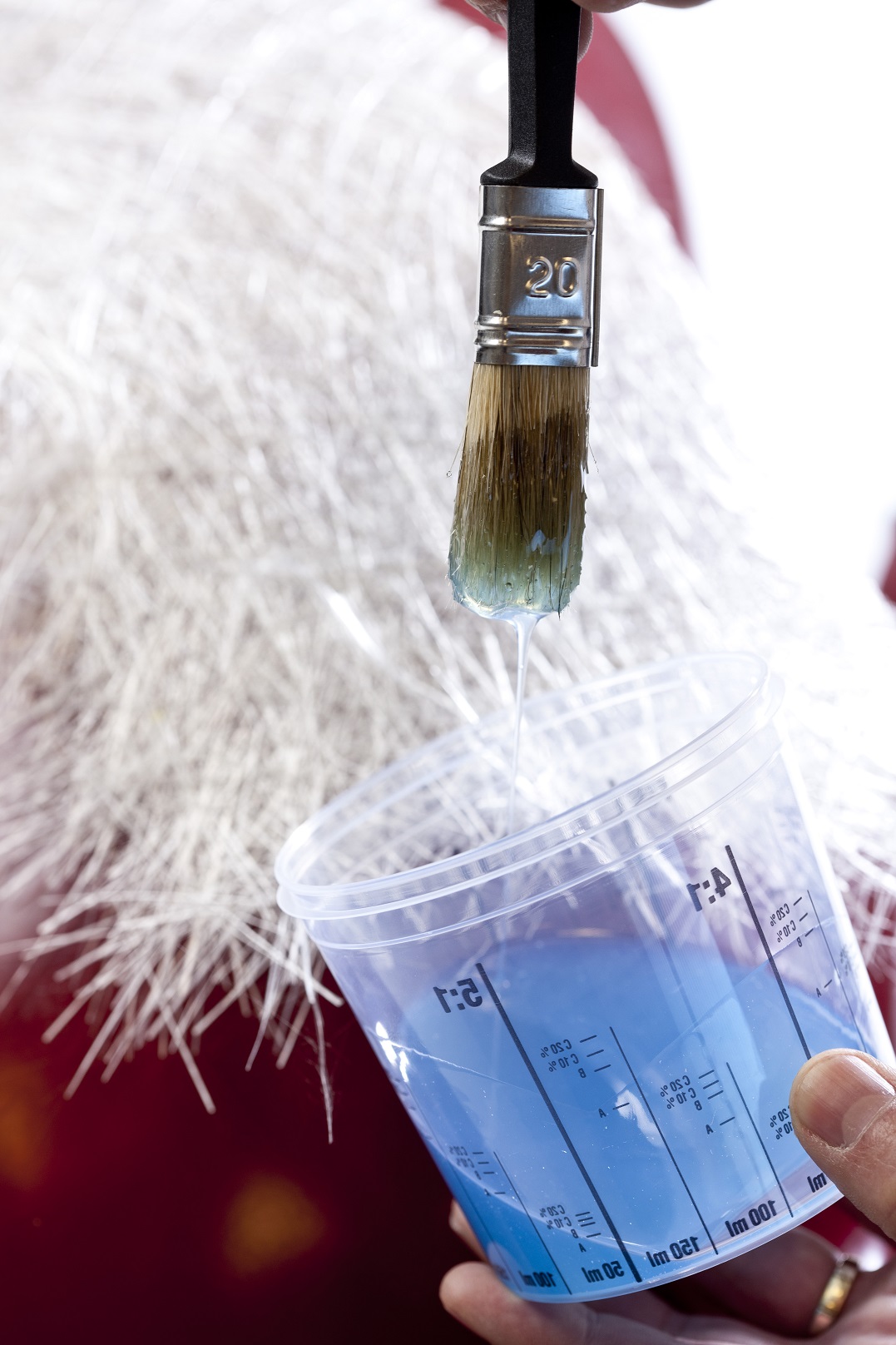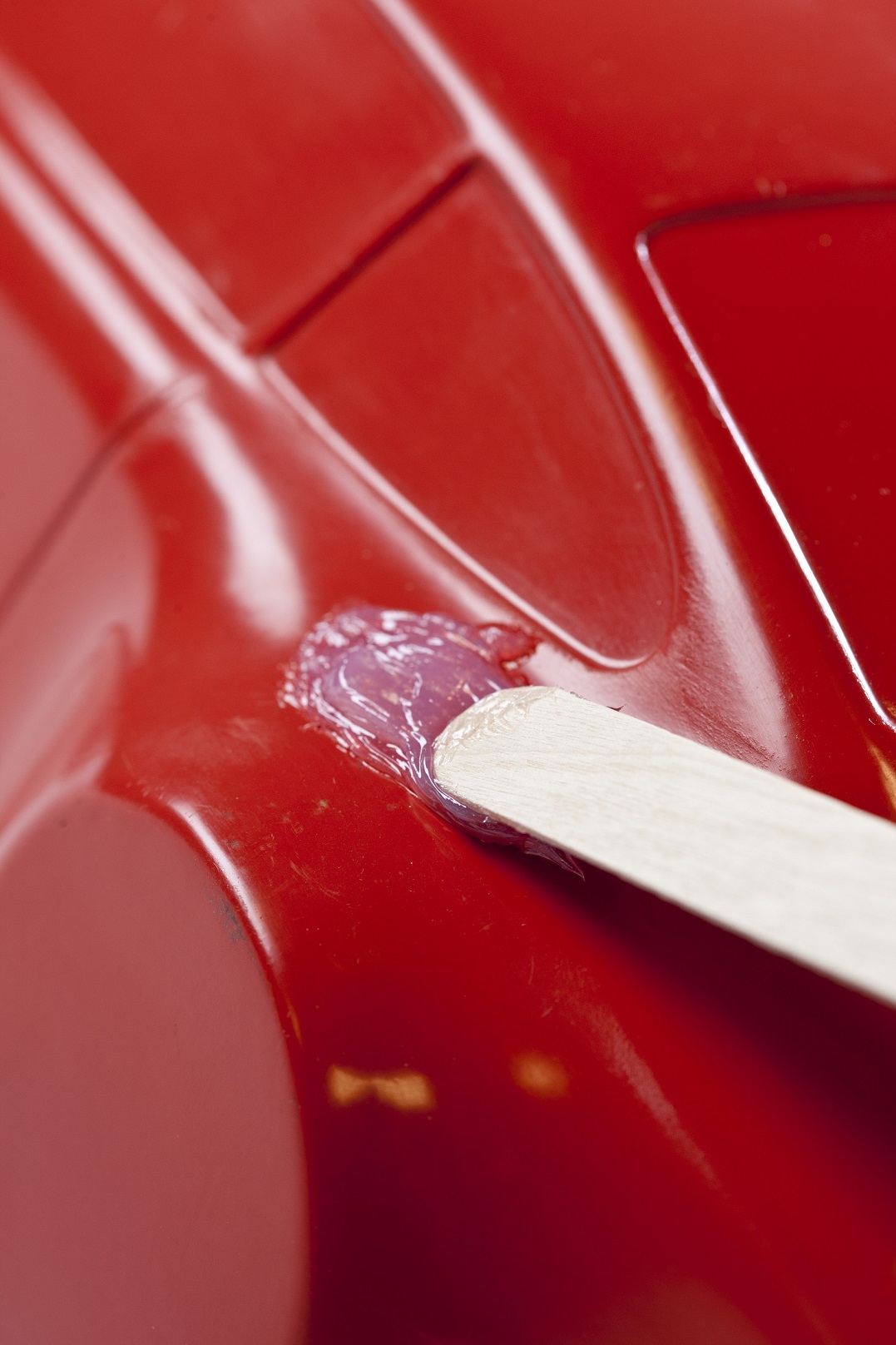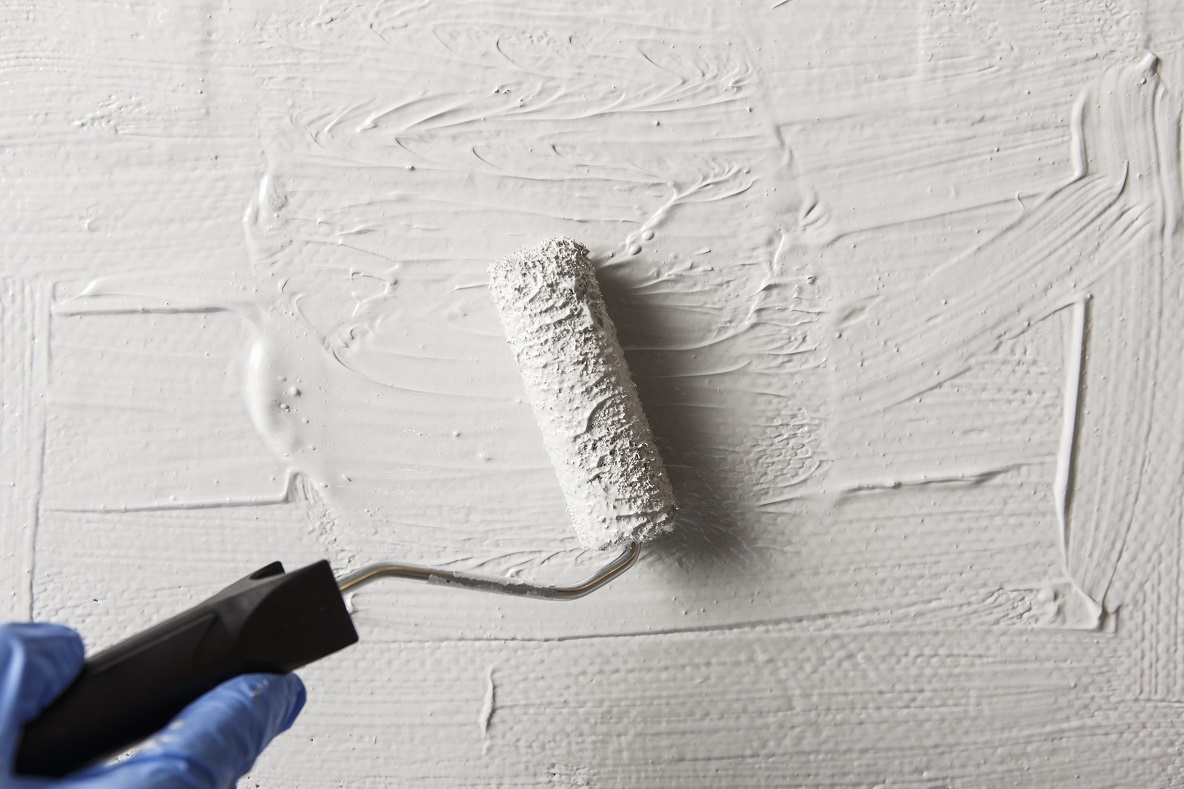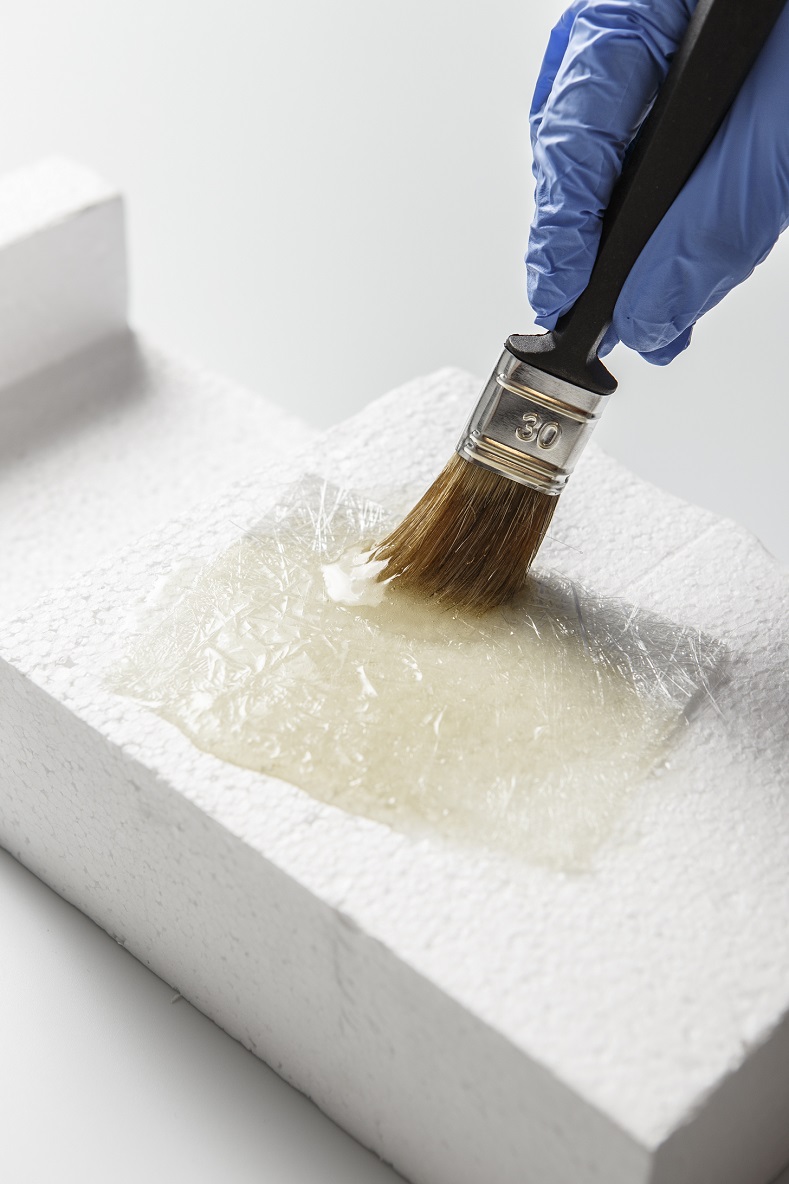
Collect & go with online advice

Largest selection of cold curing plastics

55 years of experience

Order before 12:00, <48 hour delivery
Applications of polyester
Polyester resins are suitable for casting, laminating, or application as a gel and topcoat. This type of resin is mainly used in combination with glass fibre for the production of mouldings or parts.
To strengthen your resin, use fiberglass mat. If you want to create extra strength, it is better to use a combination with glass fabrics.
The applications of polyester resins are endless and range from the construction of a pond or swimming pool, the manufacture of body parts for a car, bus or mobile home to the production of moulds for silos.
Would you like to finish the polyester resin in a RAL colour? Then use a gelcoat. This is the visible finishing layer of your moulded piece. Making your swimming pond watertight is done with a coloured topcoat. Both gelcoat and topcoat are chemical and UV resistant.
To strengthen your resin, use fiberglass mat. If you want to create extra strength, it is better to use a combination with glass fabrics.
The applications of polyester resins are endless and range from the construction of a pond or swimming pool, the manufacture of body parts for a car, bus or mobile home to the production of moulds for silos.
Would you like to finish the polyester resin in a RAL colour? Then use a gelcoat. This is the visible finishing layer of your moulded piece. Making your swimming pond watertight is done with a coloured topcoat. Both gelcoat and topcoat are chemical and UV resistant.
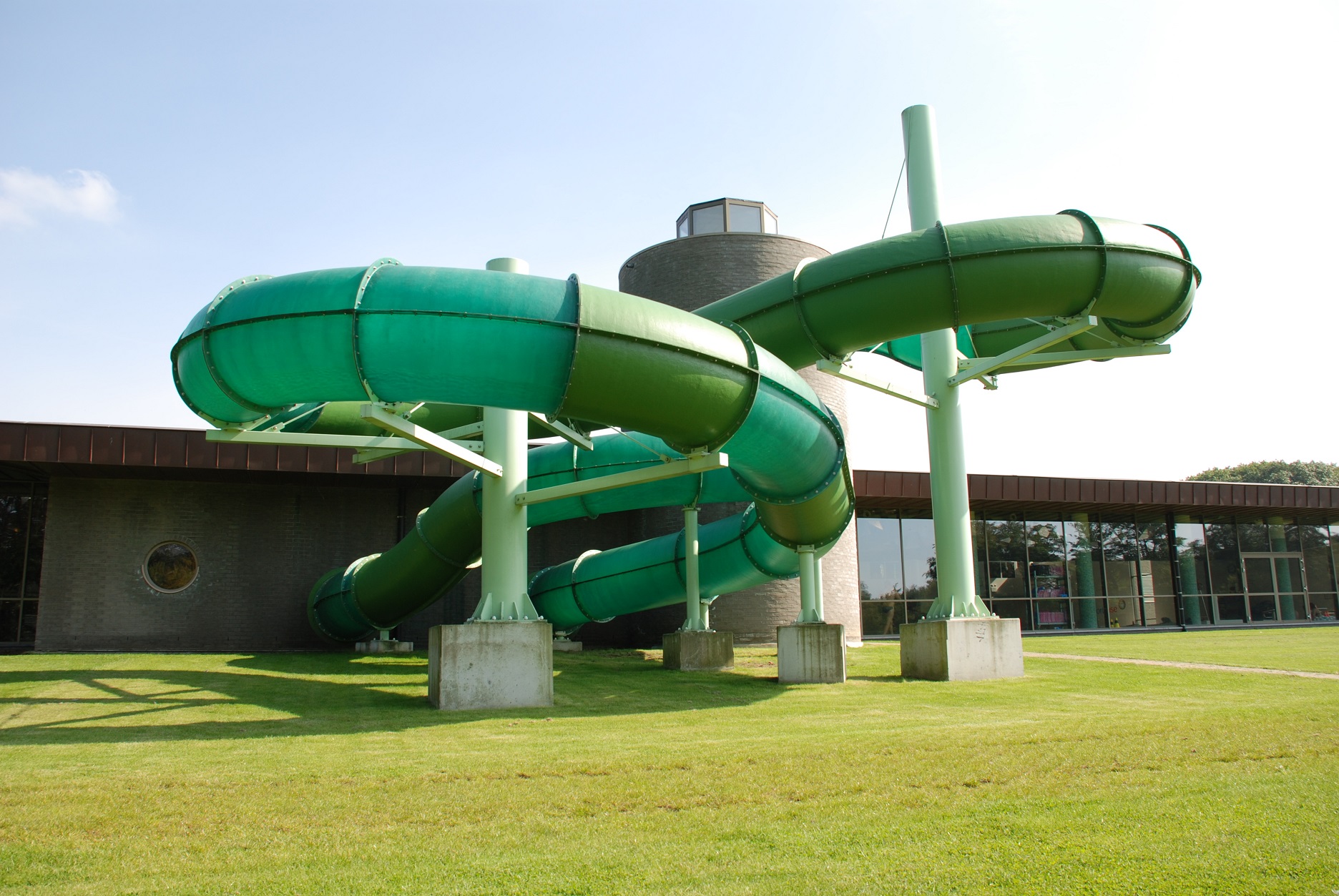

In the art world, artists like to use casting resin. You can find is a transparent polyester resin which allows you to cast objects crystal-clear. Composite processors, on the other hand, often use adhesive pastes, whether or not reinforced with fibres.
Thanks to the low price, polyester resins remain one of the most frequently used resins. Do you want to avoid this? Then use ECO polyester resin, an almost odourless polyester resin. ECO polyester resin, also called surester, is styrene-free. This ensures that this type of resin does not have the penetrating odour that polyester resin has.
Surester resin can be applied perfectly in a classroom, workshop or workplace where odour nuisance is not desirable. The ECO polyester resin is applicable to, among others, PS foam (Styrofoam).
Thanks to the low price, polyester resins remain one of the most frequently used resins. Do you want to avoid this? Then use ECO polyester resin, an almost odourless polyester resin. ECO polyester resin, also called surester, is styrene-free. This ensures that this type of resin does not have the penetrating odour that polyester resin has.
Surester resin can be applied perfectly in a classroom, workshop or workplace where odour nuisance is not desirable. The ECO polyester resin is applicable to, among others, PS foam (Styrofoam).
Working with polyester
When working with styrene polyester resin, it is advisable to use protective clothing such as overalls, gloves and a mouth mask.
Summary
Benefits
- Rot-, rust- and corrosion-free
- Strong and lightweight
- Universally applicable
- Good price-performance ratio
- Waterproof
- Colourable
Disadvantages
- Odour nuisance
- No adhesion on epoxy
- Osmosis when using the wrong type of resin in boats and swimming pools
- Higher shrinkage compared to epoxy resin

